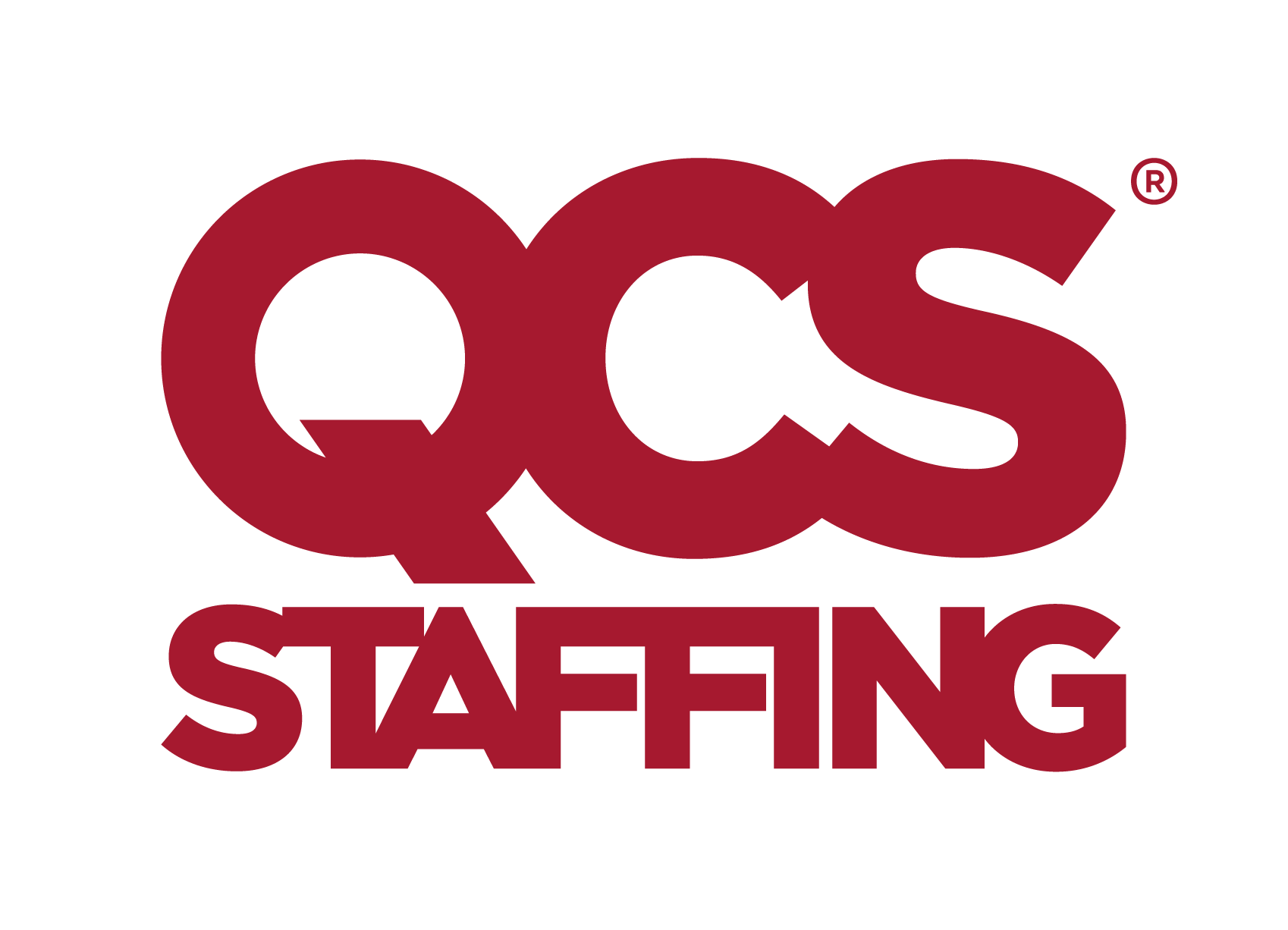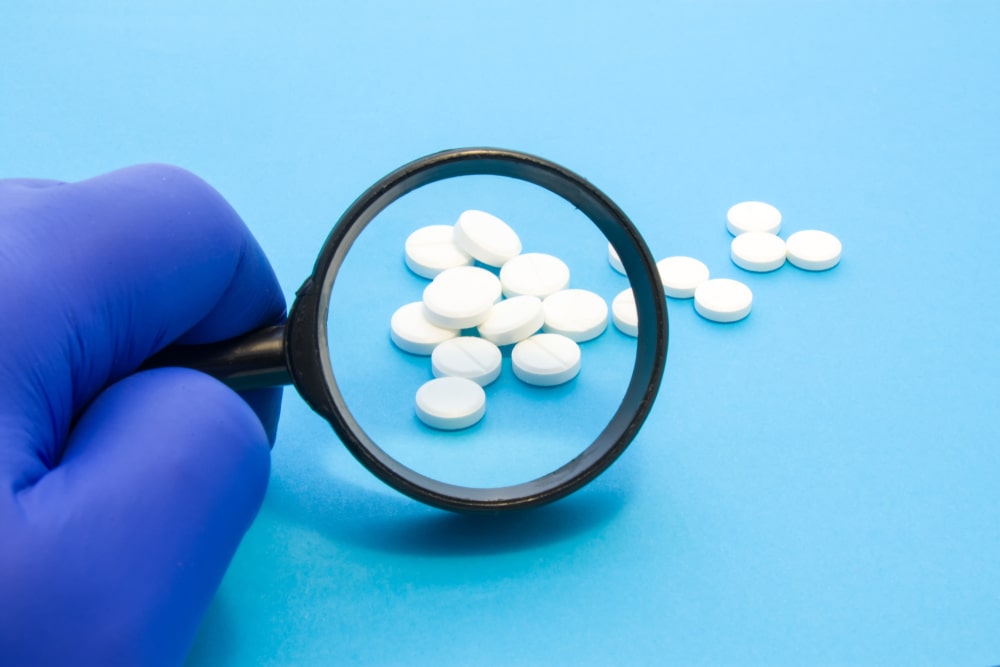What is the Yellow Card Scheme in Pharmacovigilance?
Drug safety - also known as pharmacovigilance - has been a prominent talking point in the life sciences industry for several years and was accelerated globally by the COVID-19 pandemic. While medication and vaccines must be developed quickly to treat emerging and pre-existing conditions, safety and efficacy must always be at the forefront of these plans; this is where pharmacovigilance and pharmaceutical jobs comes in.
The global pharmacovigilance jobs market is at an all-time high and is expected to have surpassed a value of $8.9 billion by 2025. Here in the UK, the Yellow Card Scheme plays a significant role in pharmacovigilance as drug safety professionals take all the precautions necessary to keep us safe and healthy.
But what is the Yellow Card Scheme is used for in pharmacovigilance and for pharmacovigilance jobs?
What is the Yellow Card Scheme?
Created in 1964, the Yellow Card Scheme (YCS) is a key cog in the UK’s pharmacovigilance jobs operation. It was established to monitor the safety of recently produced medicines and is now overseen by the Medicines and Healthcare products Regulatory Agency (MHRA). Reporting to the Yellow Card Scheme (YCS) is vital in helping monitor the safety of all medicines and medical devices in the UK to ensure they are entirely safe for patients and those that use them. More recently, the YCS has been a key factor in reporting the adverse effects of the COVID-19 vaccine.
How Does a Yellow Card Work?
By garnering data and advice from leading pharmacists, healthcare professionals, and the public, the YCS serves as a proactive detective system for suspected adverse drug reactions. Since it was created, Yellow Card reporting has been crucial to identifying a range of vital safety issues, including:
- Adverse drug reactions and drug side effects
- Medical device adverse incidents – injury or risk of injury from a medical device
- Defective medicines and quality issues
- Suspected counterfeit medicines or medical devices
- Unclear instructions for use or markings and labelling problems that may affect the safety of a medicine or device
Are all Medicines and Medical Devices Covered by the Yellow Card Scheme?
In the UK, all medicines are covered by the Yellow Card Scheme. Suspected adverse drug reactions that are associated with misuse, overdose, medication errors and more are reportable to the YCS.
The YCS also covers radiographic treatments, herbal medicines and remedies, and medical devices used in healthcare for the diagnosis, prevention, monitoring or treatment of illness. Additionally, any safety concerns associated with e-cigarettes and their associated accessories are covered by the Yellow Card Scheme.
It is important for patients, carers and all healthcare professionals, to report their suspicions of medicine or a device to the Yellow Card Scheme as soon as possible.
Who can Submit a Yellow Card Report?
Anyone can report a Yellow Card, from healthcare professionals to members of the public. Cooperation from all members of society is an important aspect of the success of the YCS and it’s imperative that even the smallest problem is reported. You can report a suspected issue to the YCS at www.mhra.gov.uk/yellowcard or you can download the Yellow Card app.
Take Control of Your Life Sciences Career
Are you looking to take the next step in your life sciences career or looking for pharmacovigilance jobs? Well at QCS Staffing, we put candidate care first, meaning that we take the time to find out what you’re looking for in your next role.
Life sciences is one of the most dynamic and agile industries. New trends are shaping workforces and operations, making it one of the most exciting and fast-paced environments to work in.
No matter how many years of experience you have in life sciences, or if you have a background in an alternative industry, we can help. So, whether you’re looking for your next job in Europe, Asia or North America, we have plenty of fantastic roles for you to choose from. Explore our life sciences jobs and find out where your next career move could take you.







